We’ve been yammering on about how to come back to the gym when the dust settles. But today I want to talk about the other side of that coin. Namely, psychological stress and injury risk.
Because let’s be frank, 2020 so far has been the pits.
Unrelenting.
We’d come out of the most horrific bushfires we’ve ever known. Right into the path of an overwhelming worldwide pandemic.
An entire global economy shut down. Friends had livelihoods sunk. People got sick and the bodies piled high.
Heck, they’re still piling high, and in some countries, the ‘curve’ is still an upward ascension. We’re also witnessing a brutal civil war that has been for centuries brewing in the US.
Following all of this will still be the resounding mental and economical hardships to face for a long time to come.
”Triple crisis: Medical, economic, mental.”
– Zlazloj Zlizlek
Right now, feels like 24/7 ’round the clock coverage of panic and devastation.
It’s waves of trauma, friends. Whether we realise it or not. We’re all in some way wearing the weight of the world’s woes.
And I want you to take stock of how remarkable you are, dear reader. From wherever in the world you call home.
What you’re going through right now, is massive.
It’s hard and exhausting. And maybe you haven’t had time yet to stop and check in on yourself.
I know I didn’t.
Can I tell you a little about what happened?

Gym-closures on March 23rd were incredibly deflating, but I took it on the chin.
In some ways, the finality of the decision brought some relief. With the threat and weight of uncertainty now lifted, we knew our ceiling.
I was just grateful that I still had work, and there was a lot to do. I know many others in my position weren’t so lucky.
In fact, I got slammed that first week.
Adjusting programs and onboarding people into an online system they’d never used.
Buying up equipment soon as I realised my window to do so was closing fast. Taking questions, calls and enquiries, generally trying to be available where possible.
On… All the time.
Because I felt like I got off easy, and even felt some guilt about it.
I had an online system already up and running and an amazing wife in my corner to prop me up. There was now an opportunity to work on some projects that had been gathering dust. There wasn’t the stress there for me that was expected. I was going great guns.
But then, it came crashing down.
After week one, suddenly I fell into a heap of deep indolence. Became tired all the time and all I wanted to do was go to sleep. Barely trained and could barely keep awake most days.
It all just became so tiresome: the scale, the community fog of fear and not knowing. The constant statistics and doomsday graphs, and streaming misery. Watching people that I cared about yielding to the weight or pounding Psychological stressors.
I didn’t realise that it was all so heavy to be carrying around and doing so much. Without a timeout or release, it added up.
Anyhoo, I recognised my humanness, at last, and stepped away from social media for a bit. Reduced inputs and soon enough my fatigue wore off. Whatever it was, it was short-lived.
Then the gym equipment arrived and training resumed, which has always been an anchor of sorts, in my life.
I guess my point today is simply this.
Sometimes you don’t realise the stress you are under until it’s crushing you. Sometimes, stressors can be residual or indirect.
We’ve all been under bucketloads of it for obvious reasons. We all handle physical and especially psychological stressors in different ways.
Sometimes too, the lethalness of stress is not in its intensity, but it’s volume.
Maybe it’s not the intensity, but the persistent slow-drip of your reserves that’ll get you in the end.
2020 has been quite a year. And we’ve barely hit the hill.
No doubt heading back to the gym may be the least of your worries. Or, you’re chomping at the bit to get going again.
If you’re going back, consider the consolidated stressors of 2020, so far. Training may, in fact, be a stress relief for you and I understand and support that. There’s a lot of research showing exercise has a positive influence on mood and lowers psychological stress.
Last week we talked about how to physically rebuild after this break. This is just another side of things worth considering.
Research has shown psychological stress is a significant factor contributing to injuries, illness and poor performance (1,2,3,4,5).
Mann et al (2016) looked at the effects of academic stress and high physical stress on injury restrictions in D1 college football players (1).
They found that periods of high academic stress were a significant factor contributing to injuries during the competitive season. Regardless of whether an athlete is playing regularly or not.
Data showed that the highest injury restriction occurred in times of high physical stress. Such as with pre-season workouts, as you would expect.
But it was also found that psychological stress experienced during examination periods led to an increase in injury restrictions. In fact, the risk was nearly twice as high during weeks of high academic stress compared with weeks of low academic stress.
Factoring only athletes that played regularly, the difference in injury rates between high physical and academic stress virtually disappeared.
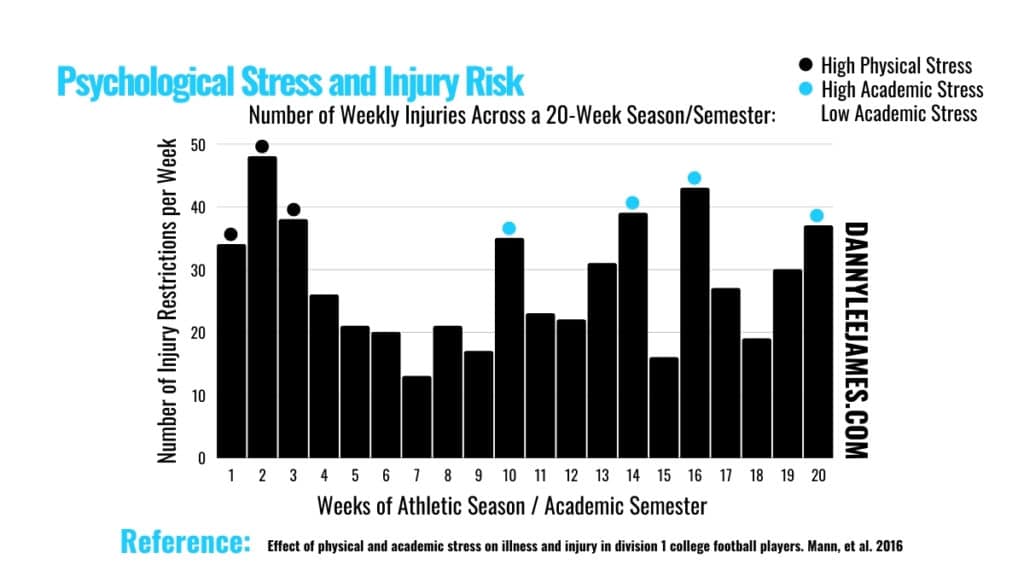
In another fascinating study, recovery trajectories were impacted by chronic mental stress (2). It was shown that individuals reporting higher stress levels may recover more slowly from an acute lifting session.
It was also revealed the relationship between stress and recovery was similar for both life event stress and perceived stress. This indicated that ”stress has a deleterious effect on one’s ability to recuperate, regardless of how stress is measured.”
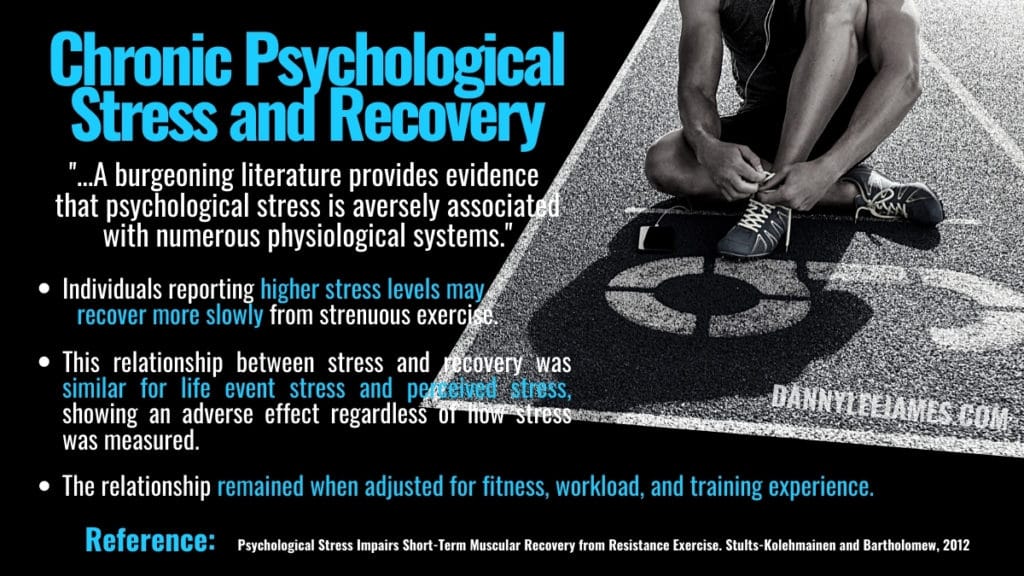
The big picture is that it’s important to acknowledge when you’re under an enormous amount of stress. If it can’t be avoided or mitigated, it’s best to adjust your training plan to minimise risk.
As the godfather of stress himself, Selye, once said:
”When general stress is excessive the whole organism needs a rest; it cannot afford to struggle anywhere.”
Hans Selye, The Stress of Life
Anyhoo, just thought this was important to talk about. I hope it helps, dear reader.
Take care out there.
Lovingly, from 1.5 metres,
Danny
P.S. Incase you missed part one, you can find it here.
References
- Effect of physical and academic stress on illness and injury in division 1 college football players. Mann, et al. 2016
- Psychological Stress Impairs Short-Term Muscular Recovery from Resistance Exercise. Stults-Kolehmainen and Bartholomew, 2012
- Psychological stress and wound healing in humans: a systematic review and meta-analysis. Walburn, et al. 2009
- Psychoneuroimmunology: Psychological Influences on Immune Function and Health. Kiercolt-Glasner, et al. 2002
- The Stress of Life by H. Selye
Related
- Returning to Training After a Break
- Shots Fired
- Every Corpse on Everest
- Exercise and Mental Health Benefits
- Analysis of Push-Up Variations and Load
- When Best to Fail
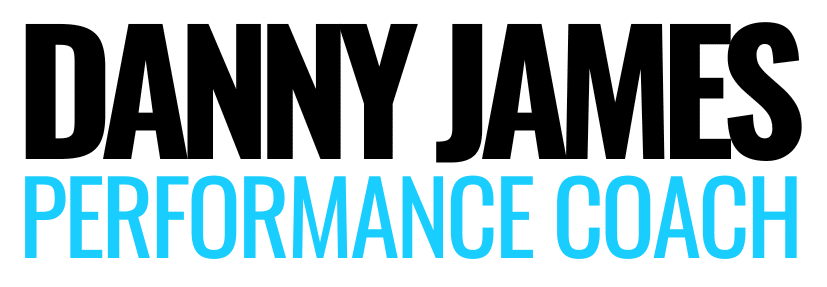
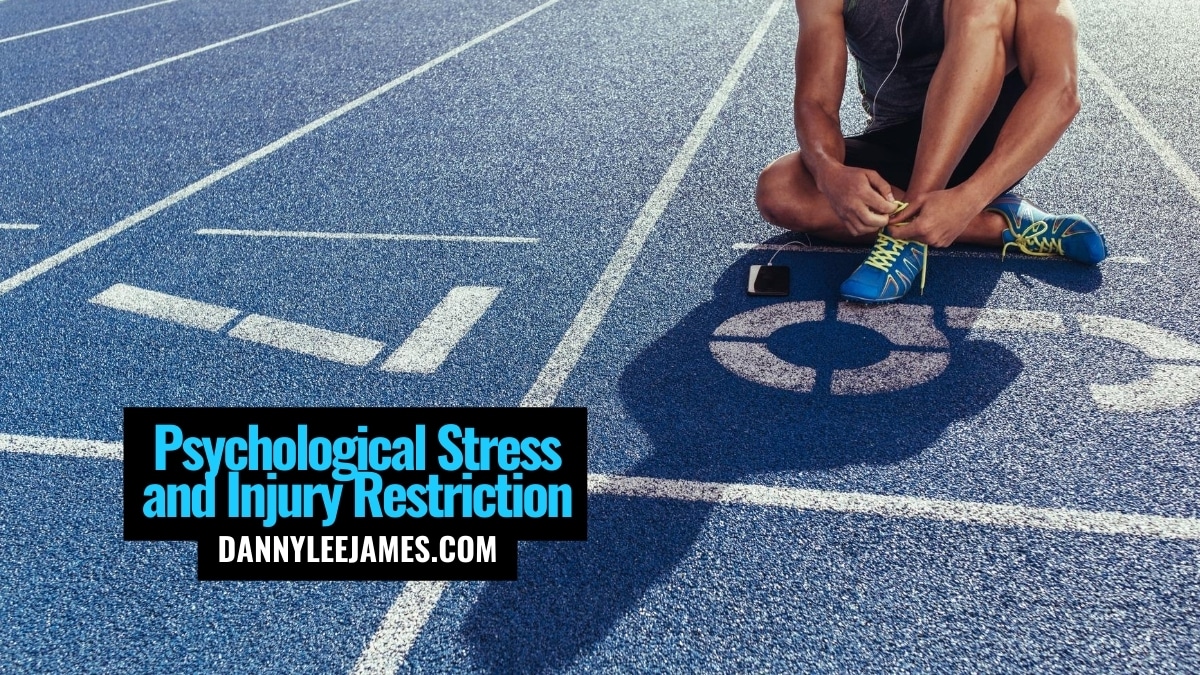
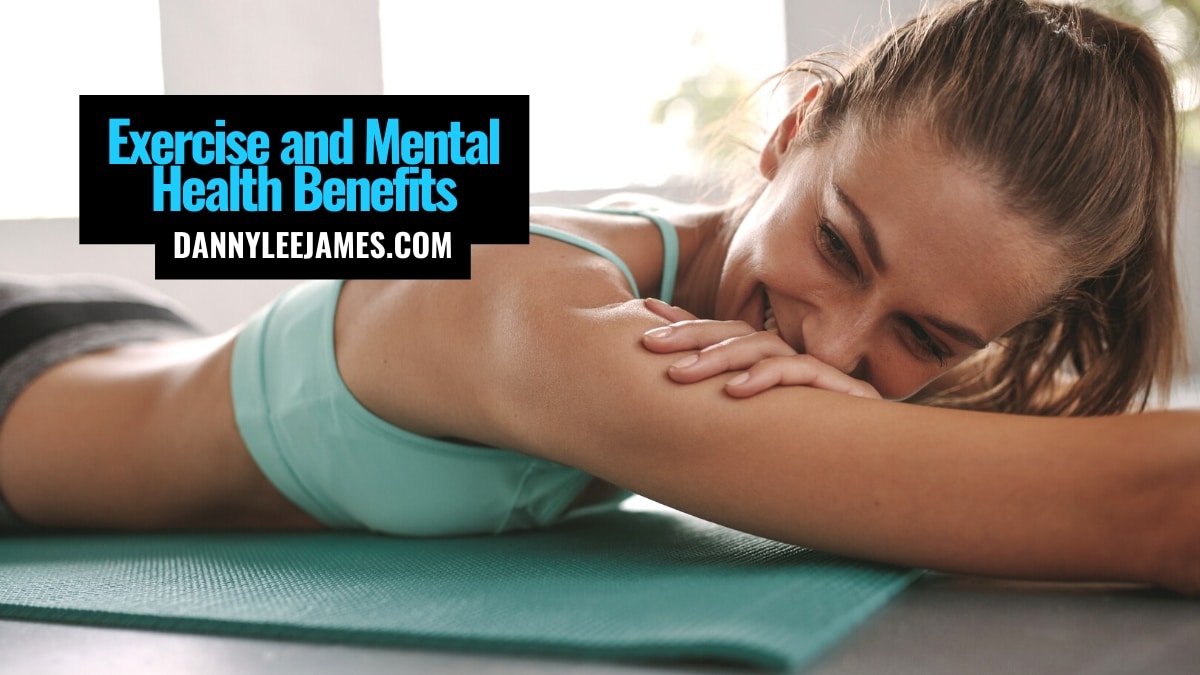
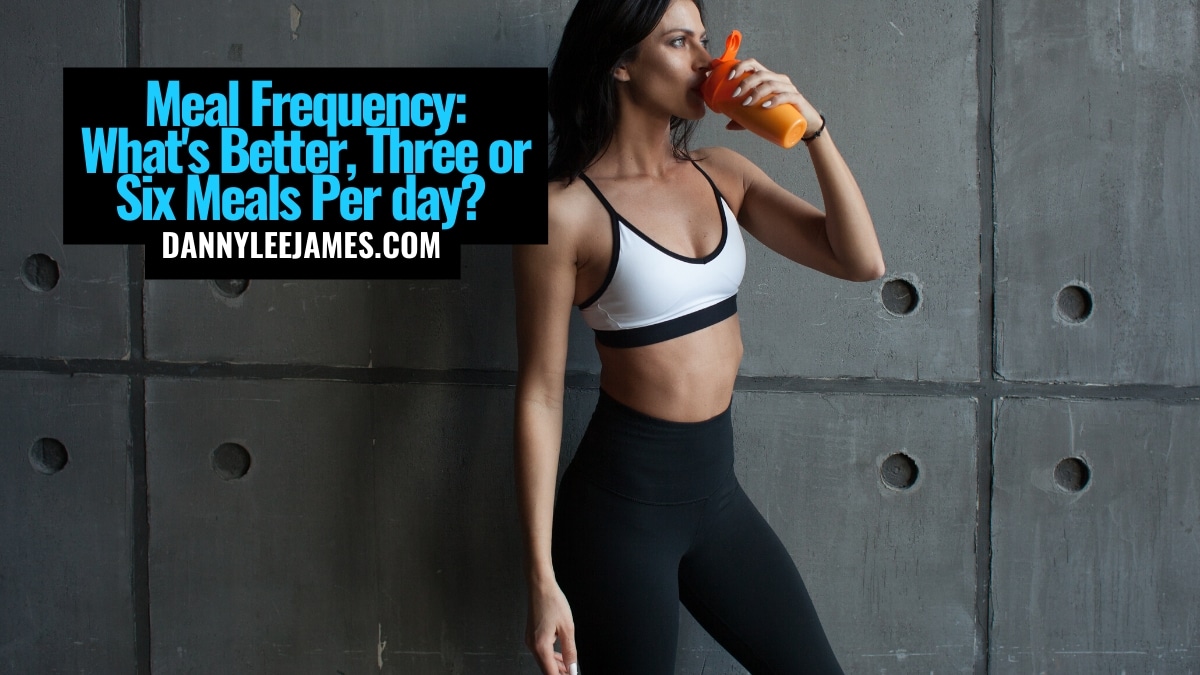
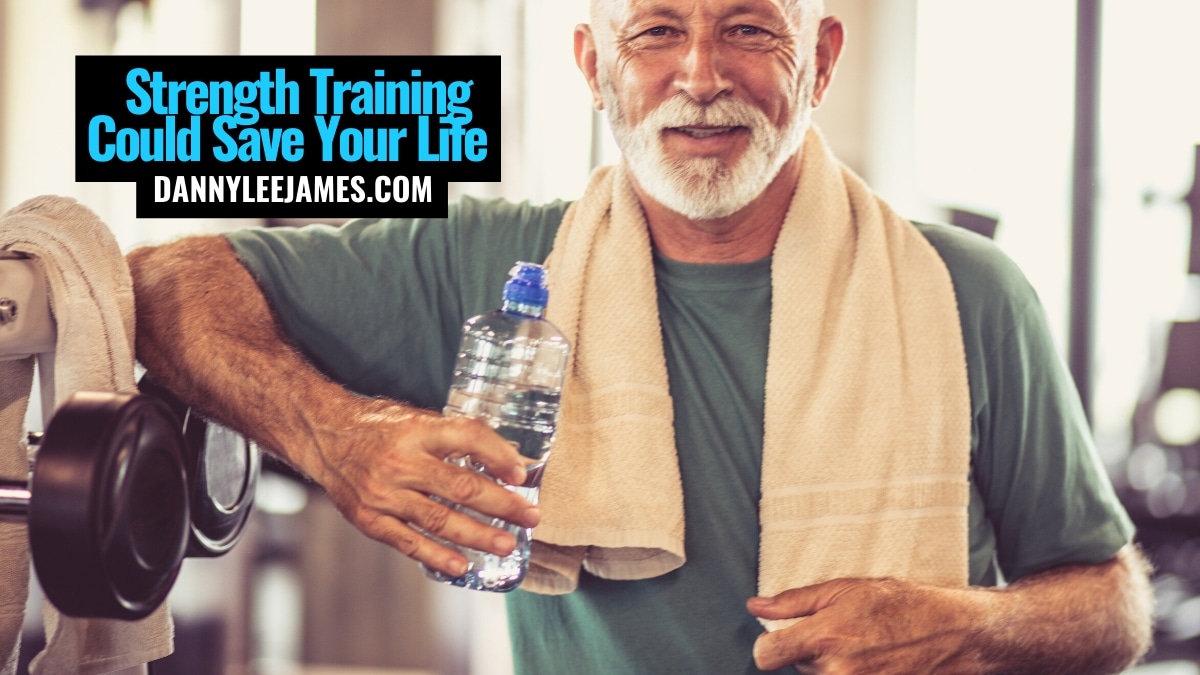
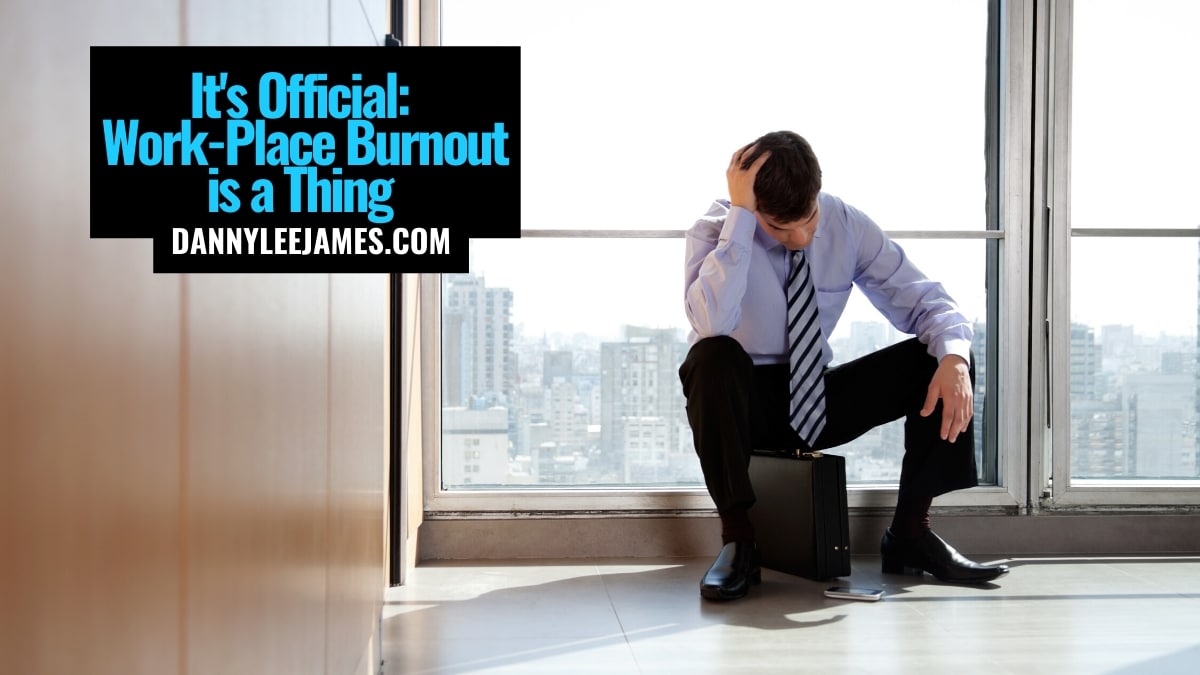

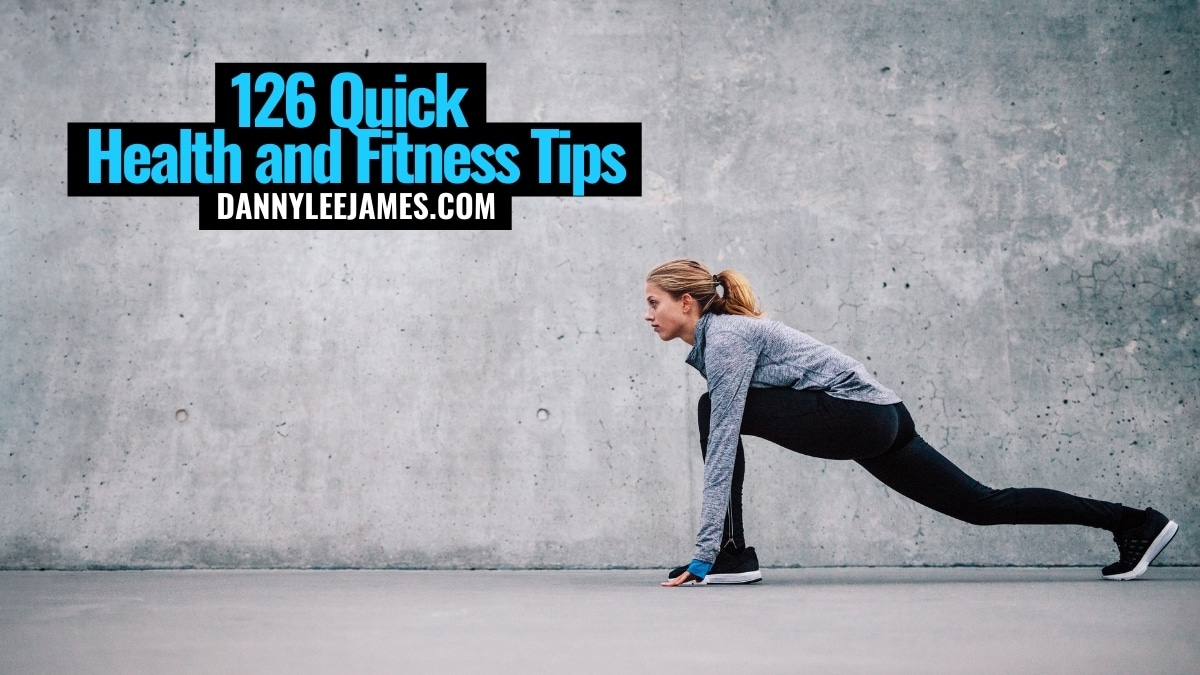
[…] Psychological Stress and Injury Restriction […]
[…] stressors are significantly higher than, […]
[…] during a vulnerable time following a stretch of difficult training. Adding to the fact this wall all through a period of planned […]
[…] to natural outdoor environments can help reduce anxiety and psychological distress (1). This study looked at how exposure to the outdoors over 1 week influenced mood among suburban […]
[…] Psychological Stress and Injury Restriction […]
[…] Manage stress from all areas of life […]